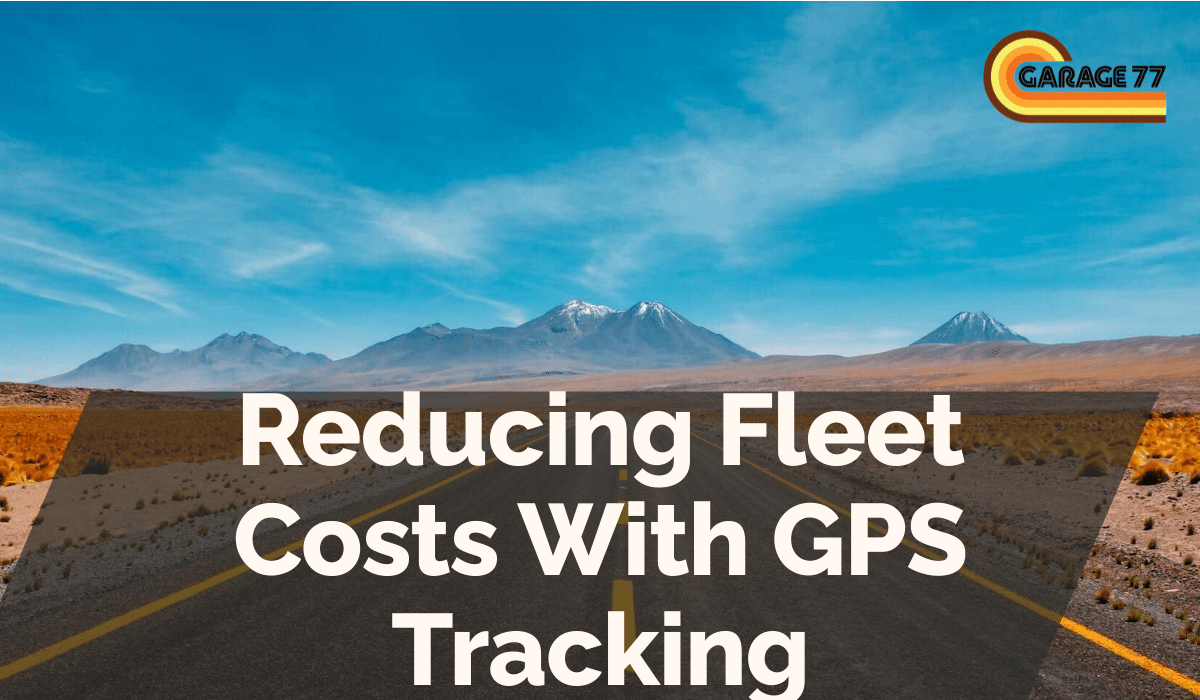Fleet management is a crucial part of any business that owns a fleet of vehicles. The cost of owning, operating, and maintaining a fleet can be expensive, and any opportunity to reduce costs should be explored.
The Benefits of GPS Tracking for Fleet Management
One technology that has revolutionized fleet management is GPS tracking. GPS tracking allows businesses to track the location of vehicles in real-time and monitor their activities, including speed, driving behavior, and maintenance needs.
GPS tracking can help businesses reduce fleet costs in several ways:
Reduce Fuel Costs
One of the most significant expenses for a fleet is fuel. GPS tracking can help businesses reduce fuel costs by optimizing routes and reducing unnecessary idling, speeding, and other wasteful practices. GPS tracking can also provide insights into which vehicles are the most and least fuel-efficient, allowing businesses to make adjustments to their fleet to reduce fuel expenses.
Improved Vehicle Maintenance
GPS tracking can help businesses schedule preventative maintenance for their fleet more efficiently. By monitoring engine hours and mileage, businesses can ensure that their vehicles are serviced before any major breakdowns occur, reducing the need for costly repairs and downtime.
Reduce Insurance Costs
GPS tracking can also help businesses reduce insurance costs by promoting safe driving behavior. Many insurance companies offer discounts to businesses that install GPS tracking devices, as it provides evidence of safe driving habits, reducing the risk of accidents and insurance claims.
FAQs About GPS Tracking for Fleet Management
Q: What type of vehicles can GPS tracking be used for?
A: GPS tracking can be used for any type of vehicle, including cars, trucks, buses, and heavy equipment.
Q: Is GPS tracking legal?
A: Yes, GPS tracking is legal for fleet management purposes, as long as the device is installed with the owner’s permission.
Q: How much does GPS tracking cost?
A: The cost of GPS tracking devices and services varies depending on the provider and the level of service needed. However, the cost of GPS tracking is generally outweighed by the cost savings and improved efficiency it provides.
Conclusion
In conclusion, GPS tracking is a valuable tool for businesses looking to reduce fleet costs. By optimizing routes, scheduling maintenance, and promoting safe driving habits, GPS tracking can help businesses save money and operate more efficiently.







